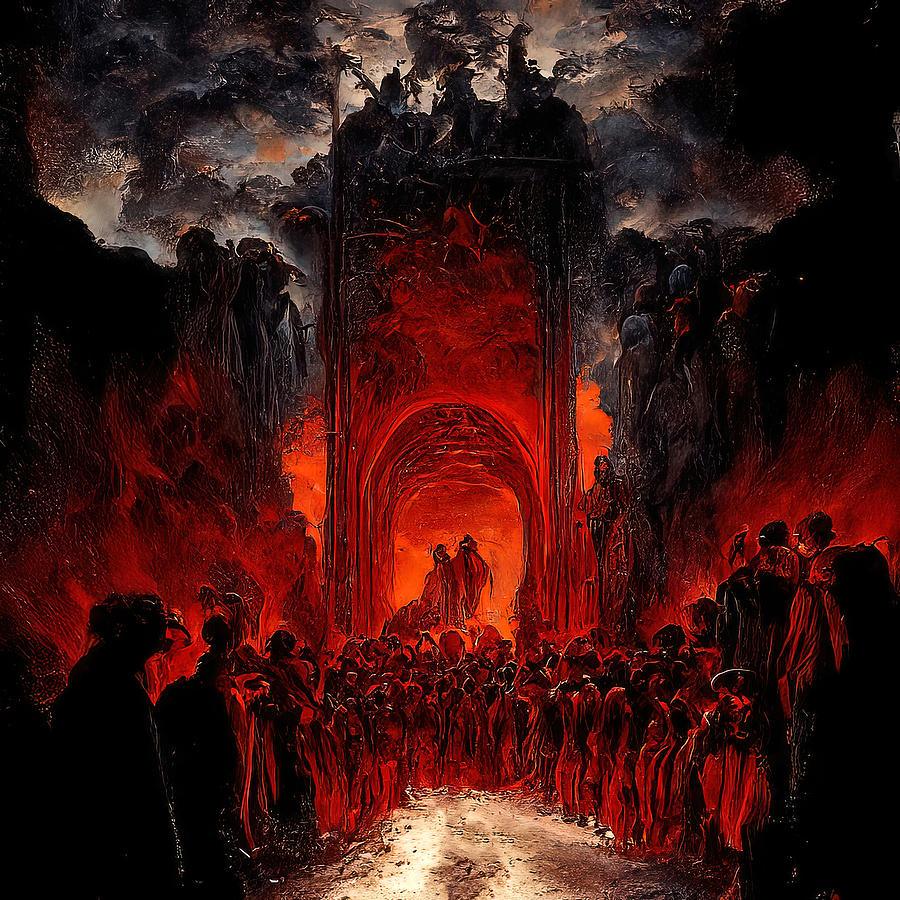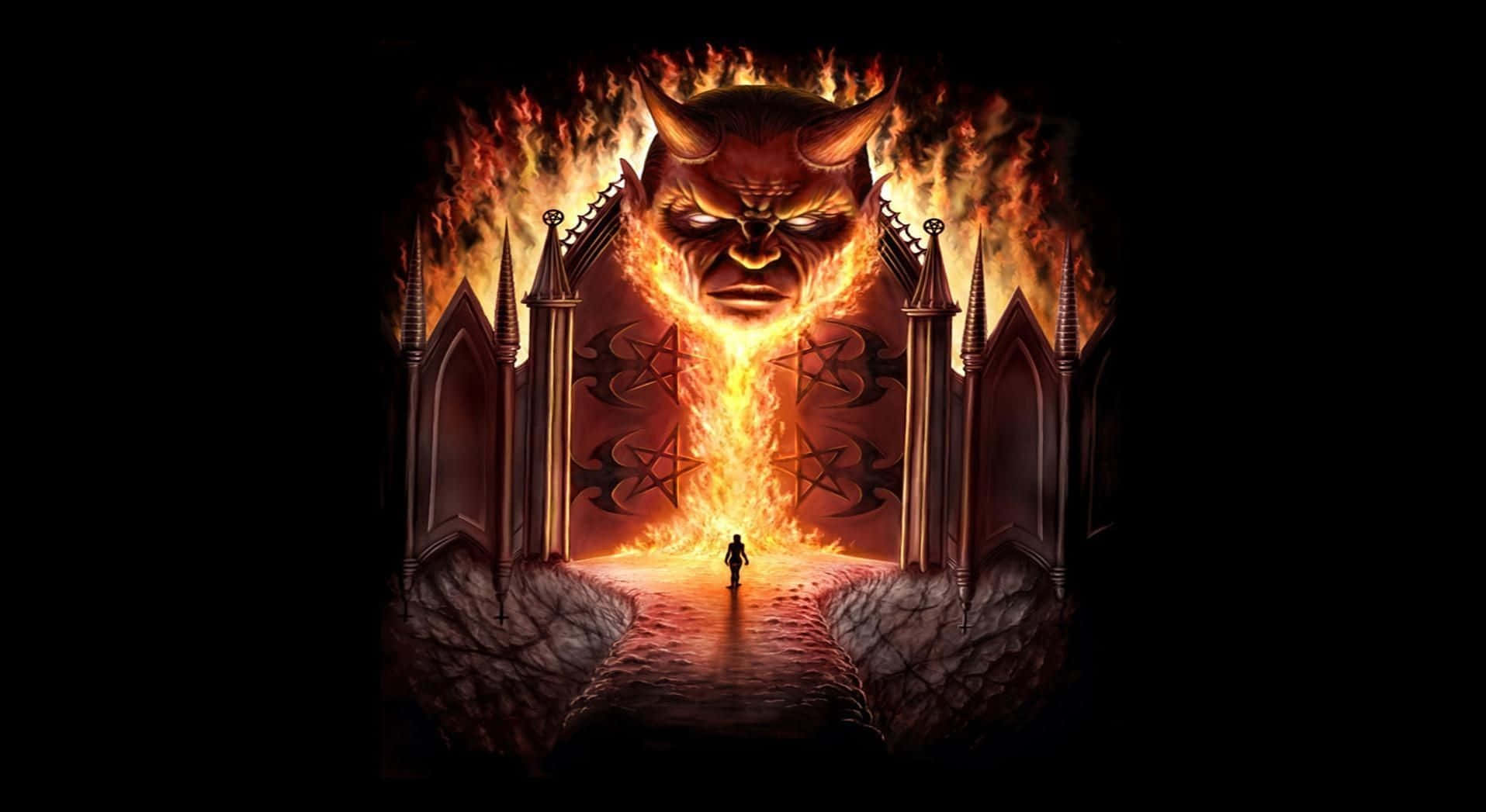Have you ever caught yourself saying, “What the hell sure” and wondered what it really means? Maybe you heard it in a movie, a friend said it casually, or you typed it out of frustration or surprise. Either way, it’s a phrase that pops up more often than you might expect, and it’s worth taking a closer look at. What exactly does it mean? Where did it come from? And why do people use it the way they do? Let’s break it down in a way that’s easy to understand and, well, a little fun too.
So, if you’re curious about the phrase “what the hell sure,” you’re not alone. Many people have searched for this exact phrase, trying to find answers or context. The truth is, it’s not always about literal hell or actual certainty. Sometimes, it’s more about tone, context, or even sarcasm. That’s what makes it interesting—and a little tricky too.
Let’s explore what “what the hell sure” might mean, how it's used in everyday conversation, and whether there’s any deeper meaning behind it. You might be surprised at how much there is to unpack.
Table of Contents
- What “What the Hell Sure” Really Means
- How People Use the Phrase in Daily Life
- Where Does “Hell” Come From in Language?
- Is Hell a Literal Place or a Metaphor?
- The Psychology Behind Saying “Hell”
- How Religion Uses Hell in Teachings
- What Does “Sure” Add to the Phrase?
- FAQ About Hell and Its Uses
What “What the Hell Sure” Really Means
You might be wondering, what exactly does “what the hell sure” mean? Well, it’s kind of a mix of confusion, sarcasm, and maybe a bit of frustration. Imagine someone says something unexpected, and you respond with “What the hell sure,” almost like you’re caught between disbelief and agreement. It’s like saying, “I don’t quite get it, but okay, fine.”
It’s not a standard phrase like “what the hell” or “sure thing.” Instead, it’s a quirky combination that can change meaning based on tone. If someone says it flatly, it might show confusion. If said sarcastically, it could mean the opposite. It’s one of those expressions that’s more about the delivery than the words themselves.
So, what’s going on here? It’s probably a spontaneous twist on common phrases, blending the surprise of “what the hell” with the reluctant agreement of “sure.” It’s the kind of thing you might say when someone tells you something wild, and you’re not quite sure how to respond.
How People Use the Phrase in Daily Life
Now that we’ve got a basic idea of what “what the hell sure” might mean, let’s talk about how people actually use it. You might hear it in casual conversations, maybe in a TV show or over text. It’s not something you’d write in an essay or a formal letter, that’s for sure.
Some people use it when they’re caught off guard. Like, imagine your friend says they’re quitting their job to become a professional video game streamer. Your first reaction might be something like, “What the hell sure.” It’s that mix of surprise and maybe even a little support, like, “Okay, I didn’t expect that, but go for it.”
Others might use it more sarcastically. If someone suggests a plan that seems a little off, you might respond with “what the hell sure” to imply that you’re not really on board. It’s one of those expressions that can go either way, depending on how it’s said.
And sometimes, people just say it for fun. Language is flexible like that. So, even if it doesn’t make perfect sense, people still use it because it feels right in the moment.
Where Does “Hell” Come From in Language?
You might not realize it, but the word “hell” has a long and interesting history. Originally, in older English, it came from a word that meant a hidden or covered place. Think of it like a grave or a place you can’t see—something that’s out of sight, out of mind.
Over time, the word took on more intense meanings, especially in religious texts. In the Bible, for example, “hell” is used to translate words like “Sheol” in Hebrew and “Hades” in Greek. These words didn’t always mean a place of fire and torment. Instead, they often referred to the grave or the world of the dead.
So when someone says “what the hell sure,” they’re probably not thinking about ancient religious terms. But it’s kind of funny how language evolves. Words that once meant something simple can take on much stronger meanings over time.
Is Hell a Literal Place or a Metaphor?
Now, here’s a question that’s been around for a long time: is hell real, or is it more of a metaphor? Different religions and cultures have their own take on it. Some believe hell is a real place of punishment, while others think it’s more symbolic—like a state of being or a way to describe extreme suffering.
For example, in Christianity, hell is often described as a place of eternal fire where the wicked go after death. But some interpretations suggest that hell is more about separation from God, rather than literal flames. In Islam, hell (called Jahannam) is also seen as a place of punishment, but there’s also an emphasis on God’s mercy and justice.
So when someone says “what the hell sure,” they might not be thinking about religion at all. But it’s worth noting that the word “hell” carries a lot of weight in many belief systems. That’s probably part of why phrases using “hell” feel so strong or emotional.
The Psychology Behind Saying “Hell”
Ever notice how people tend to swear more when they’re emotional? It’s true. Studies show that swearing can actually help relieve stress or pain. So when someone says “what the hell sure,” they might be letting off a little steam, whether they realize it or not.
It’s not always about being angry, either. Sometimes, it’s just about expressing surprise or confusion. Like when someone tells you something totally unexpected and you blurt out “what the hell sure” without even thinking. It’s a natural reaction, kind of like laughing when something’s funny.
And let’s face it—language is full of little quirks like that. We don’t always say exactly what we mean, but we still get the point across. That’s the beauty of how humans communicate. Words like “hell” and phrases like “what the hell sure” are part of that colorful, ever-changing way we express ourselves.
How Religion Uses Hell in Teachings
Religious teachings often use the idea of hell to explain consequences—especially for actions that go against moral or divine laws. In many traditions, hell serves as a warning: if you do bad things, there will be punishment. But interpretations vary a lot.
Some believe hell is eternal and unending, while others think it’s temporary or symbolic. For instance, in some Christian views, hell is a place of eternal torment, but in other interpretations, it’s more about being cut off from God’s presence. In Buddhism, there’s a concept of hell realms, but they’re not permanent. Souls can move on after they’ve learned their lessons.
So when someone uses the word “hell” in everyday speech, they might not be thinking about religious doctrine. But the emotional weight of the word comes from centuries of cultural and spiritual meaning. That’s probably why phrases like “what the hell sure” can feel so impactful, even when they’re not meant seriously.
What Does “Sure” Add to the Phrase?
Now, let’s talk about the word “sure” in this phrase. It’s usually a simple word that shows agreement or certainty. But when it’s paired with “what the hell,” it creates a kind of contrast. You’re agreeing, but maybe not entirely seriously.
It’s like saying, “Okay, I’ll go along with that, even though I’m not totally convinced.” That’s what makes “what the hell sure” such an interesting expression. It blends surprise, sarcasm, and reluctant agreement all in one.
And depending on how it’s said, it can mean different things. A flat tone might suggest confusion, while a sarcastic tone could imply disbelief or even mockery. It’s one of those expressions that’s more about the delivery than the actual words.
So next time you hear someone say “what the hell sure,” pay attention to how they say it. You might learn more about what they really mean than the words themselves let on.
FAQ About Hell and Its Uses
What does “what the hell sure” mean?
It’s a mix of surprise and reluctant agreement. You might say it when someone tells you something unexpected, and you’re not sure how to respond. It’s not literal—it’s more about tone and context.
Is “hell” always a bad word?
Not necessarily. While it often carries negative or emotional weight, it’s also used in phrases like “give hell” or “raise hell,” which can be more about energy than actual evil. It’s all about how it’s used.
Why do people use phrases like “what the hell”?
Because they’re expressive and flexible. Swearing or using strong language can help people release stress or emphasize their feelings. It’s a natural part of how we talk, even if it’s not always polite.



Detail Author:
- Name : Prof. Fern Beier V
- Username : alysson.pagac
- Email : qernser@hotmail.com
- Birthdate : 2003-03-01
- Address : 630 Pacocha Cape Suite 628 East Joaquinfurt, PA 02223-3382
- Phone : +1.440.225.2813
- Company : Koelpin, Thompson and Kling
- Job : Forester
- Bio : Qui vel doloremque et quos. Qui est quo deserunt nesciunt ducimus autem amet aut.
Socials
tiktok:
- url : https://tiktok.com/@martine.mante
- username : martine.mante
- bio : Perspiciatis unde eaque tempora et. Est vel officiis totam esse consequatur.
- followers : 620
- following : 28
facebook:
- url : https://facebook.com/martine_dev
- username : martine_dev
- bio : Quibusdam repellendus provident eum suscipit quibusdam.
- followers : 1005
- following : 2317
instagram:
- url : https://instagram.com/martinemante
- username : martinemante
- bio : Iste corrupti non saepe et. Praesentium quibusdam quis voluptatem quo atque pariatur.
- followers : 1626
- following : 2721
linkedin:
- url : https://linkedin.com/in/martine.mante
- username : martine.mante
- bio : Dolor suscipit sit fugit rerum et dolor.
- followers : 1400
- following : 2593
twitter:
- url : https://twitter.com/martine_mante
- username : martine_mante
- bio : Eius velit consequatur quidem neque ut ea. Voluptatem non facilis et officiis animi qui. Est doloribus est vitae facilis.
- followers : 6880
- following : 973

